Top 250 Movies Like Curta Vídeo
A list of the best movies similar to Curta Vídeo. If you liked Curta Vídeo then you may also like: Barren Lives, The Watermelon Woman, The Wonderful, Horrible Life of Leni Riefenstahl, Opening of the Kiel Canal, The Days with Him and many more great movies featured on this list.
Audiovisual productions from Espírito Santo, Brazil, followed by interview with the filmmaker.
The Watermelon Woman
A young black lesbian filmmaker probes into the life of The Watermelon Woman, a 1930s black actress who played 'mammy' archetypes.
The Wonderful, Horrible Life of Leni Riefenstahl
This documentary recounts the life and work of one of most famous, and yet reviled, German film directors in history, Leni Riefenstahl. The film recounts the rise of her career from a dancer, to a movie actor to the most important film director in Nazi Germany who directed such famous propaganda films as Triumph of the Will and Olympiad. The film also explores her later activities after Nazi Germany's defeat in 1945 and her disgrace for being so associated with it which includes her amazingly active life over the age of 90.
Opening of the Kiel Canal
The opening of the Kiel Canal in Germany by Kaiser Wilhelm II on 20 June 1895.
The Days with Him
The discoveries and frustrations on accessing a memory of a father and of a time in the Brazilian history that are rarely public. The young filmmaker plunges into this unknown past of her almost unknown father. He, a Brazilian intellectual, imprisoned and tortured during the military dictatorship, is silent about this since that time. A father and a fatherland that does not like to answer any questions, that loves but rarely talks.
Rio, 100 Degrees F.
On a scorching summer day in Rio de Janeiro, five impoverished black boys venture out of their favela to peddle peanuts throughout the bustling city. As they navigate the various districts of Rio, they bear witness to a series of unfortunate events and encounters, unfolding a vivid tapestry of urban life in Rio de Janeiro during that period. These true misadventures shed light on the gritty reality of the city, unveiling its vibrant urban tapestry.
Jean-Michel Basquiat: The Radiant Child
A thoughtful portrait of a renowned artist, this documentary shines the spotlight on New York City painter Jean-Michel Basquiat. Featuring extensive interviews conducted by Basquiat's friend, filmmaker Tamra Davis, the production reveals how he dealt with being a black artist in a predominantly white field. The film also explores Basquiat's rise in the art world, which led to a close relationship with Andy Warhol, and looks at how the young painter coped with acclaim, scrutiny and fame.
Altman
Robert Altman's life and career contained multitudes. This father of American independent cinema left an indelible mark, not merely on the evolution of his art form, but also on the western zeitgeist. With its use of rare interviews, representative film clips, archival images, and musings from his family and most recognizable collaborators, Altman is a dynamic and heartfelt mediation on an artist whose expression, passion and appetite knew few bounds.
Babenco: Tell Me When I Die
Besieged by cancer and nearing the end, the genius Argentine-Brazilian filmmaker Héctor Babenco (1946-2016) asks Bárbara Paz, his wife, for one last wish: to be the protagonist of his own death.
'Blue Velvet' Revisited
When David Lynch was making his film Blue Velvet, German filmmaker Peter Braatz was also on set, shooting documentary footage with a Super 8 film camera. Now, on Blue Velvet's 30th anniversary, Braatz presents his footage, along with still photographs, as a "meditation" on Lynch's work.
Burden of Dreams
The Amazon rain forest, 1979. The crew of Fitzcarraldo (1982), a film directed by German director Werner Herzog, soon finds itself with problems related to casting, tribal struggles and accidents, among many other setbacks; but nothing compared to dragging a huge steamboat up a mountain, while Herzog embraces the path of a certain madness to make his vision come true.
Cazuza: Time Doesn't Stop
Inspired by the moving book “Só as Mães São Felizes”, by Lucinha Araújo, Cazuza's mother, the film covers a little more than 10 years of the singer’s crazy and brief life – from the beginning of his career in the Circo Voador venue, in 1981, to the huge success and the apotheosis of his shows with the Barão Vermelho band, his solo career, his relations with his parents, friends, lovers and passions, and the courage he had to face his final years, with HIV, until his death, in 1990.
Cinema, Aspirins and Vultures
1942, in the middle of Northeastern Brazil, two very different men meet along the road: Johan, an aspirin salesman avoiding the German draft, and Ranulpho, a rural Brazilian seeking escape from the drought.
City of God: 10 Years Later
City of God – 10 Years Later investigates what happened to the actors who took part in the award-winning film directed by Fernando Meirelles and Katia Lund. This documentary shows what City of God’s worldwide success meant to their lives. Were the actors prepared for the film’s success? Did the social background of some of them prove stronger than the opportunity that came their way?
A Constant Forge
One of the great mavericks of cinema, John Cassavetes has earned a reputation as the godfather of American independent movies. The actor-turned-filmmaker invented a realist style of unadorned narrative films heavily influenced by documentaries. This in-depth analysis of Cassavetes' life and work features interviews with key collaborators and ensemble regulars, and explores the making of classics like "The Killing of a Chinese Bookie," "Opening Night" and "A Woman Under the Influence."
Aquarius
Clara, a vibrant former music critic and widow with flowing tresses is the only remaining apartment owner in a beautiful older building targeted for demolition by ruthless luxury high-rise developers. Clara proves to be a force to be reckoned with as she thwarts the builders plans to kick her out of the apartment.
Cine Gibi 3: Planos Infalíveis
Franjinha, the inventor kid in Monica's gang, tired of reading the comics, invents a new device to read the stories: a kind of a story-processor, that swallows the printed pages and projects the scenes in movement, on the wall.
A Decade Under the Influence
A documentary examining the decade of the 1970s as a turning point in American cinema. Some of today's best filmmakers interview the influential directors of that time.
Mau Mau Sex Sex
A documentary about the history of exploitation films that focuses on the careers of legendary producers David F. Friedman and Dan Sonney.
Hearts of Darkness: A Filmmaker's Apocalypse
A chronicle of the production problems — including bad weather, actors' health, war near the filming locations, and more — which plagued the filming of Apocalypse Now, increasing costs and nearly destroying the life and career of Francis Ford Coppola.
Life Itself
The surprising and entertaining life of renowned film critic and social commentator Roger Ebert (1942-2013): his early days as a freewheeling bachelor and Pulitzer Prize winner, his famously contentious partnership with Gene Siskel, his life-altering marriage, and his brave and transcendent battle with cancer.
Lost in La Mancha
Fulton and Pepe's 2000 documentary captures Terry Gilliam's attempt to get The Man Who Killed Don Quixote off the ground. Back injuries, freakish storms, and more zoom in to sabotage the project.
Man Walking Around a Corner
The last remaining production of Le Prince's LPCC Type-16 (16-lens camera) is part of a gelatine film shot in 32 images/second, and pictures a man walking around a corner. Le Prince, who was in Leeds (UK) at that time, sent these images to his wife in New York City in a letter dated 18 August 1887.
Song of the Sea
In the drought areas of Northeastern of Brazil, groups of migrants move trying to find better place to live, at least with water. Some of them go to Recife, to get a vessel to Santos expecting to have a better life in the Southern. In the poor area of Recife, an old washerwoman launders clothes to survive and support her family. Her husband Zé Luis, a former sailor, is crazy due to a hit of the boom of a mast on his head. Her older son Raimundo works in a grocery and selling mangoes on the street, trying to save money to move to the Southeastern with his girl-friend Aurora. Her daughter wants to be a prostitute to have a better quality of life. Her younger son is seriously sick.
Wandering Heart
Santiago, gay single father, has reached a tipping point in his life. Reeling from a bitter breakup, he is facing the impending departure of his daughter Laila, with whom he shares a close yet emotionally charged relationship. As the fear of being alone threatens to swallow him whole, his behavior becomes increasingly erratic. Over the course of a chaotic summer divided between Argentina and Brazil, Santiago must learn to let go of Laila so each can find their own freedoms.
Private Desert
40-year-old Daniel has been suspended from active police work and is under internal investigation for violence. When Sara, his internet love affair, stops answering his texts he decides to drive north in search of her, starting on what is apparently a fool's errand. He shows Sara's picture around, but nobody seems to recognize the woman. Until eventually one guy pops up, saying he can put the two in touch under very specific conditions.
Laerte-se
In this film, Laerte conjugates the body in the feminine, and scrutinizes concepts and prejudices. Not in search of an identity, but in search of un-identities. Laerte creates and sends creatures to face reality in the fictional world of comic strips as a vanguard of the self. And, on the streets, the one who becomes the fiction of a real character. Laerte, of all the bodies, and of none, complicates all binaries. In following Laerte, this documentary chooses to clothe the nudity beyond the skin we inhabit.
The Auteur
THE AUTEUR follows formerly renowned porn director Arturo Domingo (Five Easy Nieces, Requiem for a Wet Dream) through a bizarre weekend as he receives a lifetime achievement award at a film festival in Portland, OR. Encountering crazed fans, former collaborators, bitter enemies and free-loving hippies, Arturo attempts to put the pieces of his broken career and personal life back together.
Rio, Zona Norte
A talented songwriter of sambas is forced to face the social injustices of the city around him.
Winnebago Man
Jack Rebney is the most famous man you've never heard of - after cursing his way through a Winnebago sales video, Rebney's outrageously funny outtakes became an underground sensation and made him an internet superstar. Filmmaker Ben Steinbauer journeys to the top of a mountain to find the recluse who unwittingly became the "Winnebago Man".
That's Sexploitation!
Before the advent of modern-day pornography, a vast and rapidly-paced world of smut peddling was the norm, complete with its own secret history. This documentary reveals the untold story of American cinema's gloriously sordid cinematic past. Starting in the 1920s, expert exploiteer David F. Friedman and Henenlotter navigate us through more than five salacious decades of skin flicks. It's the true story of dirty movies, traced in elegant detail from the bizarre locations where these nudie shorts were screened to the ongoing legal battles fought by their promoters. And of course there are the stories of the innovators themselves, people who often risked their own security and livelihood to make these films, believing in some way that what they were doing wasn't a 'bad' thing - and that it could rake in some dough.
Predestinado: Arigó e o Espírito do Dr. Fritz
José Pedro de Freitas, better known as Zé Arigó, was a simple man who lived with his wife Arlete in Congonhas, Minas Gerais. During the 1950s, a time when Spiritism was not as well known and respected in the country, Arigó became a symbol of hope through his surgeries and spiritual cures. Based on a true story, Arigó, with the help of the spirit of Dr. Fritz, performed numerous spiritual surgeries on people from Brazil and the world.
Fake Blood
In this fake documentary that skewers the world of no-budget camcorder cinema, amateur filmmaker Ed Benjamin and his kid sister Meredith put their savings into producing a direct-to-video sexy vampire flick. They foolishly hire ex-soap star Veronica Weaver as the lead, whose eccentricities and diva behavior threaten to wreck the entire production.
Chop Socky: Cinema Hong Kong
Filmmaker Ian Taylor examines the impressive legacy of Hong Kong cinema -- specifically, how martial arts crossed borders and become an international phenomenon -- with the help of footage and interviews with the stars who made the genre what it is today. Director Lau Ka Leung (who helmed The 36th Chamber of Shaolin) joins in, sharing his thoughts on how certain cinematic technologies have improved martial arts films and expanded their appeal.
Hércules 56
Documentary featuring contemporary interviews with 5 of the revolutionary activists who kidnapped US ambassador Charles Embrick in August 1969 in Rio de Janeiro and some of the political prisoners who were freed from prison in exchange of the ambassador's liberty and flown out of Brazil to Mexico in an army cargo airplane "Hércules 56".
I Am Cuba, the Siberian Mammoth
Contemporary film critics regard the epic film I Am Cuba as a modern masterpiece. The 1964 Cuban/Soviet coproduction marked a watershed moment of cultural collaboration between two nations. Yet the film never found a mass audience, languishing for decades until its reintroduction as a "classic" in the 1990s. Vicente Ferraz explores the strange history of this cinematic tour de force, and the deeper meaning for those who participated in its creation.
Son of a Mother
This film is for those who really miss Paulo Gustavo! 'SON OF A MOTHER' shows the delightful complicity between the actor and Dona Déa, his inspiration to create Dona Hermínia. With never-before-seen footage, the film follows the funny and exciting backstage of the artist's last tour. Get ready to laugh, cry and remember why Paulo Gustavo is unforgettable.
Popatopolis
In 20 years, he's directed more films than Martin Scorsese, He's produced more profitable movies than Jerry Bruckheimer, And he's infuriated more actors than Alfred Hitchcock. The ultimate B Movie Documentary, focusing on B Movie Giant Jim Wynorski (and B Movie Celebration Mentor) and his attempt to make a feature film in 3 days. He's directed seventy feature films, but he's never made one... in THREE DAYS. Jim cuts the shooting schedule, has the actors cook their own food. A documentary featuring B-Movie legends Roger Corman, Andy Sidaris, Julie Strain, Julie K. Smith and Stormy Daniels, Popatopolis follows Jim Wynorski as he begins to film one of his many opuses "Witches of Breastwick" Jim's frenetic pace demands 100 setups per day (the Hollywood standard is 20), and he reduces his electric package to just two lights so he can concentrate on the task at hand.A great overview of a true master at work and in many ways a laser sharp dialectic on the state of B filmmaking today.
Cássia
Cássia Eller Rejane. Cássia Eller. Cássia. A powerful restless force on stage, shined herself out of it. One of the greats of Brazilian music, Cássia Eller marked the 1990s and shocked the country with her early death in 2001. A film about the singer, the mother, the woman who exposed her personal life and broke barriers, leaving a beautiful social and artistic legacy.
Neville D'Almeida: Chronicler of Beauty and Chaos
This film seeks to rescue the role of filmmaker Neville D'Almeida by using many rare images, numerous interviews, vast archival and audiovisual material.
Fabiana
Fabiana is a seasoned trucker who has crisscrossed and conquered the roads of Brazil for 30 years. The fact that she is transgender doesn’t seem to make any difference for her nomadic life. In many places, she can hook up with a variety of women and is in her element among the guys on the road. Now she is approaching retirement, Fabiana realises her life will change drastically. Her house, where she lives with her girlfriend when not on the road, will become her new world.
How Tasty Was My Little Frenchman
Brazil, 1594. The Tupinambás natives are friends of the French and their enemies are the Tupiniquins, friends of the Portuguese. A Frenchman is captured by the Tupinambás, and in spite of his trial to convince them that he is French, they believe he is Portuguese. The Frenchman becomes their slave, and maritally lives with Seboipepe.
My Home Is Copacabana
Homeless children in the slums of Rio are driven out of their temporary shelters by ruthless gangsters in this somber drama. The kids survive by shining shoes, stealing, and cutting the strings of the kites to sell them later to others. Tired of life on the streets, one boy turns himself over to the police in hopes he will be sent to reform school in a last desperate attempt to survive. This feature from acclaimed Swedish director Arne Sucksdorff appeared at the 1965 Cannes Film Festival.
Brazilian Dream
For the last 500 years, Edilson has been cutting sugar cane in Brazil. One day, the machines arrive and he leaves his job to engage in his first space mission. A small step for him, a giant leap for the nation.
The Brothers Warner
An intimate portrait and saga of four film pioneers--Harry, Albert, Sam and Jack who rose from immigrant poverty through personal tragedies persevering to create a major studio with a social conscience.
Flordelis: Basta uma Palavra para Mudar
This docudrama portrays the true story of Flordelis dos Santos, a strong and courageous woman from Rio de Janeiro, Brazil. She resided in the Jacarezinho favela, located in the northern zone of the city. From facing drug dealers to challenging judges, she had an eventful life. Her determination led her to shelter and care for over 40 abandoned children, showcasing her unwavering resilience.
Talking Cinema
A fragmented style, patchwork of interviews with Caetano Veloso's friends, mixed with conversations, thoughts, scenes of dance and literature excerpts.
The Wonder World of K. Gordon Murray
Interviews and archive footage trace the career of the pioneering exploitation filmmaker.
Spielberg on Spielberg
Film critic Richard Schickel interviews Oscar-winning filmmaker Steven Spielberg about his craft, his body of work and the movie business.
All About Desire: The Passionate Cinema of Pedro Almodovar
A rare look at the the career of film director Pedro Almodóvar, especially his early works, with interviews with the director himself and his stars and admirers.
6 Days to Air: The Making of South Park
Viewers will get a look at Parker and Stone's thought process as they approach a new episode and the 24/7 grind they subject themselves to each time the show is in production. The documentary also includes in-depth interviews with Parker and Stone about their working partnership and reflections on highlights from their careers.
Don't Be a Dick About It
A hilarious and beautiful portrait of two brothers growing up. The film follows the brothers around for one summer capturing the nuances of pissing each other off.
Doidas e Santas
Beatriz is a famous psychoanalyst who teaches others to be happy, but isn't able to be happy herself. Things take a turn when her mother's death takes her traveling with her sister to Buenos Aires to comply with the unusual directives she left in her will.
Party Over
Returning early from his vacation after the Carnival period to investigate the murder of a young French tourist, Breno Wanderley is faced with possible reflections of his own history from which he cannot escape. Between Ash Wednesday and post-Carnival Sunday, Breno tries to unravel the crime and sees in his son, also called Breno, a chance to reinvent himself in a broken and sullen city.
The Making of 'Alien³'
A short promotional documentary detailing production of the 1992 film Alien³, containing interviews with cast and crew, as well as behind the scenes clips.
Halloween: A Cut Above the Rest
Using original interviews with director John Carpenter, stars Jamie Lee Curtis and P.J. Soles, and crew members, 'Halloween': A Cut Above the Rest unveils the production of the horror classic and how the ingenuity of Carpenter and his team, coupled with the shoestring budget of $325,000, drove the filmmakers to create one of the most influential horror films of all time.
Improvised and Purposeful: Cinema Novo
Originally produced for German TV, Improvised and Purposeful is a firsthand look at the "Cinema Novo" movement (otherwise known as the 'Brazilian New Wave'). Director Joaquim Pedro de Andrade focuses on six Cinema Novo filmmakers working in Rio in 1967.
Ravel
Brilliant portrait of the composer's elusive life with a huge array of his greatest works. "This sumptuously beautiful documentary... combines rare film of the composer, interviews with people who knew him, and spectacular performances of his music... Rich production values, exhaustive examination, adoring in its representations of his work." - The Montreal Gazette
Cinema Hong Kong: The Beauties of the Shaw Studio
Hong Kong cinemas had a wide range of glamorous female stars during the golden age of the 60's and 70's. The series will take the audience on a sentimental journey to the good old days and once again look at the expansive epic costume dramas and huangmei operas in which actresses played both the male and female roles. Rare interviews with Sir Run Run Shaw, stars Ivy Ling Po, Shaw Yin Yin, Tanny Tie Ni and Cheng Pei Pei are also featured.
All That Drag
Deepening into the contemporary Brazilian drag scene, "All That Drag" answers many questions about a little known story. The film investigates this artistic expression and the freedom it represents through five drag artists.
São Paulo's War
In 1932, more than two hundred thousand men armed with machine guns, grenades and canons took part in on of the most violent wars in America in the 20th century. Brazilian against Brazilian, in a conflict that involved air raid of big cities – such as Campinas, Santos and São Paulo - and resulted in more than two thousand deaths. Why did this war happen? Who took part in it? What were the details of the conflict? How did the war end? The documentary tells this episode of the country's history, not only grand but also unknown, with an accessible language and an involving rhythm.
Abstract Cinema
Several well-known and pioneering abstract filmmakers discuss the history of non-objective cinema, the works of those that came before them and their own experiments in the field of visionary filmmaking.
Jean-Luc Cinema Godard
A biography of the great French director made for 3DD, featuring interviews with Anna Karina and Mike Leigh among others.
Keep the Lights On
Documentary filmmaker Erik and closeted lawyer Paul meet through a casual encounter, but they find a deeper connection and become a couple. Individually and together, they are risk takers — compulsive, and fueled by drugs and sex. In an almost decade-long relationship defined by highs, lows, and dysfunctional patterns, Erik struggles to negotiate his own boundaries and dignity and to be true to himself.
The Seamstress
In the thirties, two sisters separated by fate face prejudice and sexism, one by the high society in a big city and the other by a group of renegades in the countryside. Despite the distance, they know that they can only count on each other and both of them will assert themselves in their own and surprising way.
The Turning Wind
In Bahia, an educated black man returns to his home fishing village to try and free people from mysticism, in particular the Candomblé religion, which he considers a factor of political and social oppression, with tragic outcome.
David Searching
The story of a young gay man's search to find himself. David is a young, gay aspiring documentary filmmaker and takes his first tentative steps towards his adult life. His roommate, Gwen, after ending a mysterious marriage, is looking for stability. Together they try to manoeuvre their way through New York on a search for happiness. Instead, they find bad dates, worse job interviews and bizarre sexual encounters.
Hunger for Love
An extended research tour of US university film programs introduced dos Santos to the American avant-garde filmmakers, among them Jonas Mekas and Stan Brakhage, who would directly inspire his formally radical adaptation of an allegorical short story about adultery and colonialism by Guilherme de Figueiredo. Filmed in both Manhattan and Brazil and set against the background of the Vietnam War and its protests, Hunger for Love uses a rigorously abstract soundtrack and narrative structure to evoke the acute paranoia of the period building up to the December 1968 military coup that tipped Brazil perilously close to a conservative dictatorship. With its harsh critique of the decadent tendencies of the Sixties counterculture, Hunger for Love offers a key expression of the self-consciously “ideological” phase of Cinema Novo. -Harvard Film Archive
How Nice to See You Alive
Four years after a military coup overthrew the Brazilian government in 1964, all civil rights were suspended and torture became a systematic practice. Using a mix of fiction and documentary this extraordinary film is a searing record of personal memory, political repression and the will to survive. Interviews with eight women who were political prisoners during the military dictatorship are framed by the fantasies and imaginings of an anonymous character, portrayed by actress Irene Ravache.
The Telescope of Time
Musical drama that uses popular myths of Brazilian culture to narrate a story full of meetings and misunderstandings, betrayals and loves, crimes and punishments. Against the backdrop of the Pernambuco backlands – its people and its culture, the cordel, the bandits, the cinema and the circus – the film is a universal drama, laden with unique poetry, where reality and the dreamworld mingle.
The Poles
Just before the Covid surge, a tour through futuristic carnivals of antiquity and the latest versions of things in São Paulo before the outbreak. Cars, bicycles and vehicles powered by petrochemicals still take one last ride in normality. In another parallel world, Carnival takes place in its various forms.
Mandacaru Vermelho
Despite being promised to another man, a young orphaned woman falls in love with man working at the farm she lives in , and together they escape. According tradition in Northeast Brazil, her aunt goes after them, in order to kill them for revenge.
Tales of Death
Tales of Death is a project that has united 12 directors of Independent Cinema from various parts of Brazil, in the challenge of creating short films of the most varied genres and styles, where death is the main theme.
Mortal Remains
A docu-thriller that sets out to uncover the details surrounding the life, brief career, and mysterious death of horror filmmaker Karl Atticus, referred to by some as the forgotten father of the "slasher movie." The film includes interviews with various horror historians and aficionados including Eduardo Sanchez (director of The Blair Witch Project), who posits the question: Why, for 40 years, has the story of Karl Atticus been all but eradicated from the annals of cinema history?
13 Sentimentos
Frustrated with the postponement of the production of his first film, gay filmmaker Thiago discovers a new source of income recording homemade porn videos while having to deal with a whirlwind of feelings after the end of a ten-year relationship.
Capturing Avatar
Capturing Avatar is a feature length behind-the-scenes documentary about the making of Avatar. It uses footage from the film's development, as well as stock footage from as far back as the production of Titanic in 1995. Also included are numerous interviews with cast, artists, and other crew members. The documentary was released as a bonus feature on the extended collector's edition of Avatar.
Pelé
Against the backdrop of a turbulent era in Brazil, this documentary captures Pelé's extraordinary path from breakthrough talent to national hero. Mixing rare archival footage and exclusive interviews, this documentary celebrates the legendary Brazilian footballer who personified football as art.
Registros Fatais 3: Apocalypse
The shocking finale of the titular trilogy, which features graphic footage of the macabre and grotesque as directed by Brazilian filmmaker Lázaro Hahn.
Strictly Business
Charlie, a filmmaker looking for a makeup artist for his new horror film stumbles upon a girl named Sally, who he's attracted to despite her being a minor. Charlie's friend and co-worker, Jeff, advises him not to pursue her as he thinks Sally might be working as an undercover cop.
Being James Bond
Daniel Craig candidly reflects on his 15 year adventure as James Bond. Including never-before-seen archival footage from Casino Royale to the upcoming 25th film No Time To Die, Craig shares his personal memories in conversation with 007 producers, Michael G Wilson and Barbara Broccoli.
Marvel One-Shot: All Hail the King
A documentary filmmaker interviews the now-famous Trevor Slattery from behind bars.
Say Something
Say Something is a short experimental documentary where Katie Agustina Aranda explores her relationship with her father, Panfilo Aranda—a Paraguayan immigrant, workaholic, and amateur videographer. Using material that he shot throughout the last forty years, the story follows his journey from passionate filmmaker to distant father. With archival footage and interviews, the film is about family, immigration, and a strained father-daughter relationship.
I, I, I José Lewgoy
Documentary discussing the life and work of José Lewgoy, one of the most important Brazilian actors of all times.
Film: The Living Record of Our Memory
Why are we still able, today, to view images that were captured over 125 years ago? As we enter the digital age, audiovisual heritage seems to be a sure and obvious fact. However, much of cinema and our filmed history has been lost forever. Archivists, technicians and filmmakers from different parts of the world explain what audiovisual preservation is and why it is necessary. The documentary is a tribute to all these professionals and their important work.
Mary Pickford: The Muse of the Movies
This documentary traces the life and work of the legendary "America's Sweetheart" Mary Pickford, silent film star, movie pioneer and keen businesswoman. Pickford's life also parallels an even larger story, telling of the birth of the cinema itself.
Silvio
Just 12 hours after having his daughter in the custody of a kidnapper, the influential communicator Sílvio Santos faces an even more complicated obstacle: his home is invaded and he is held hostage for seven hours. Realizing that his life is at risk, he seeks refuge in the distant thoughts of his entire trajectory, which began when he was just a 14 year old teenager working as a street vendor.
The Haunted World of Edward D. Wood, Jr.
Often called the worst director in the history of cinema, Ed Wood is nevertheless a beloved figure among cult-film aficionados for his oddball productions. This documentary takes a look back at Wood's unique career at the margins of 1950s Hollywood, speaking to those who loved him and hated him. Bela Lugosi Jr. discusses his father's work in the abysmal "Plan 9 From Outer Space," while a Baptist reverend recalls how he was tricked into financing the film.







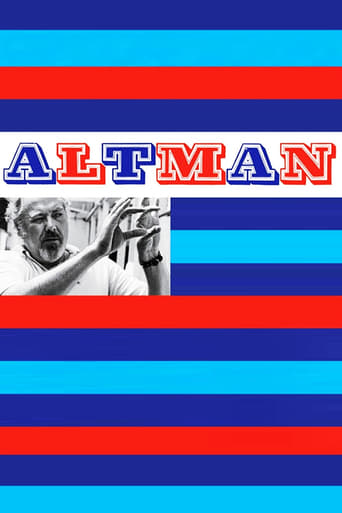
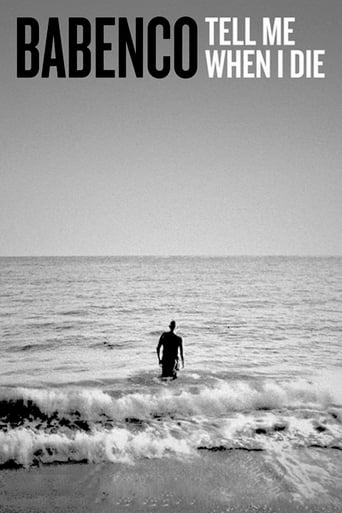





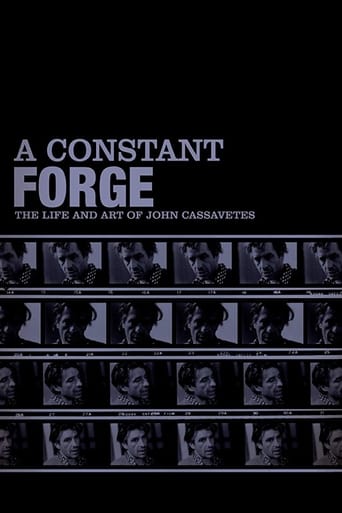
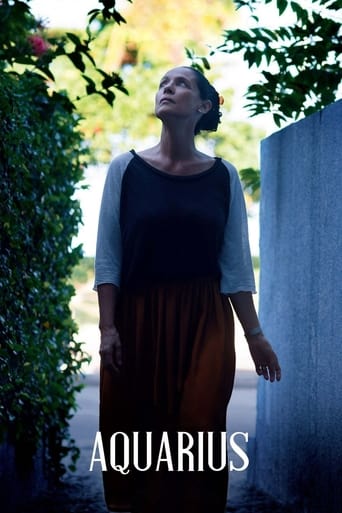
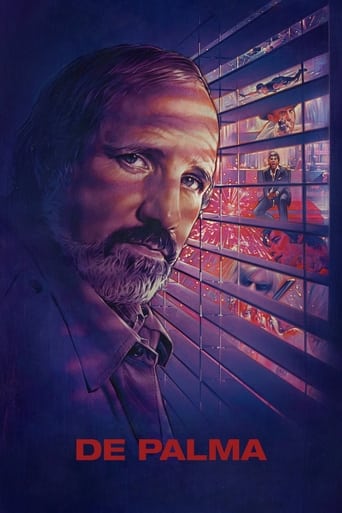




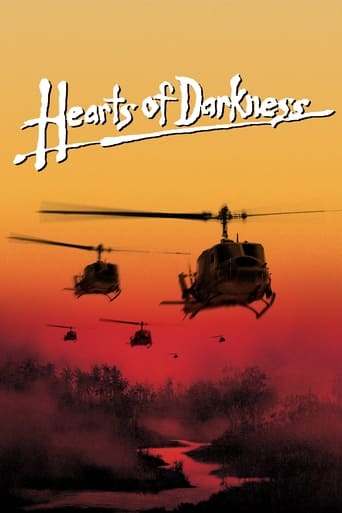








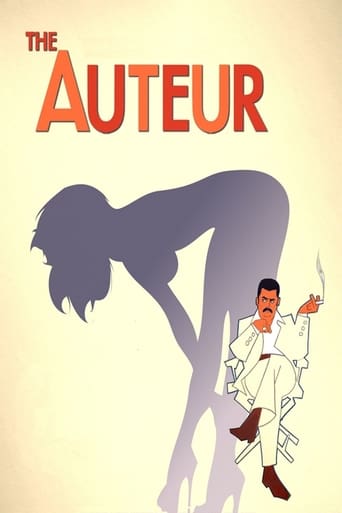










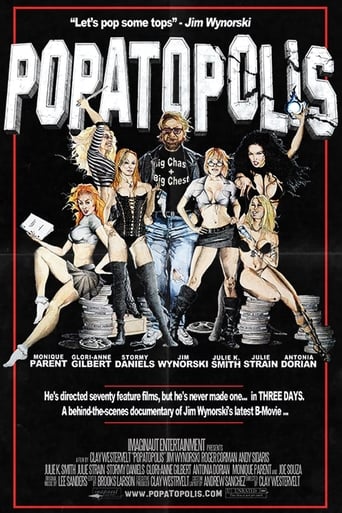







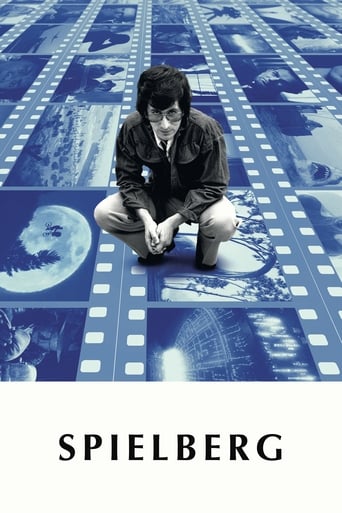
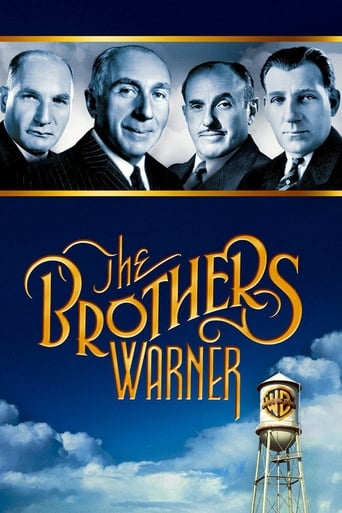





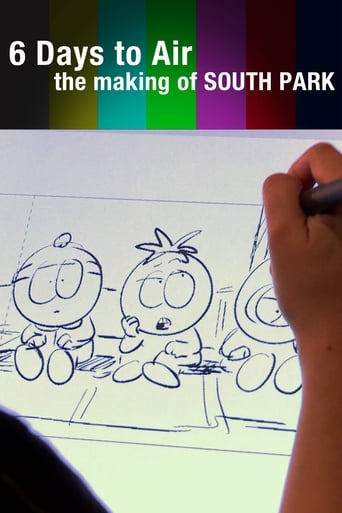




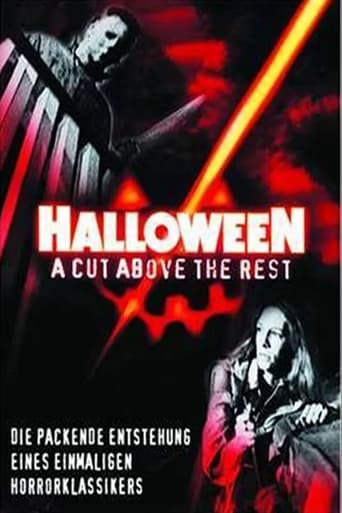






























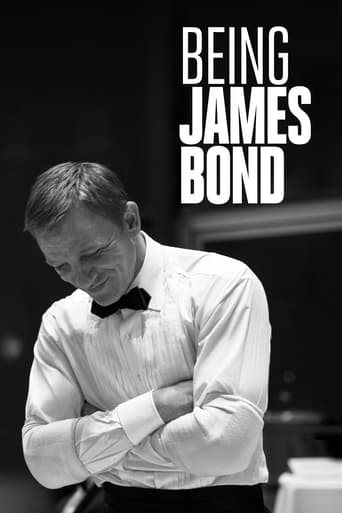
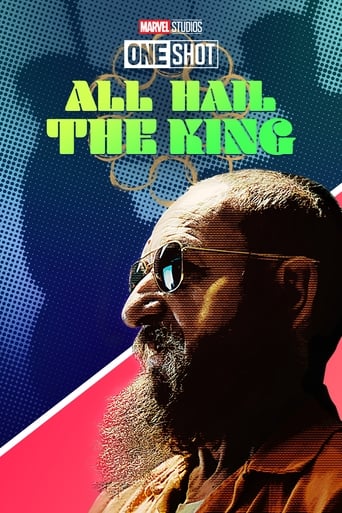


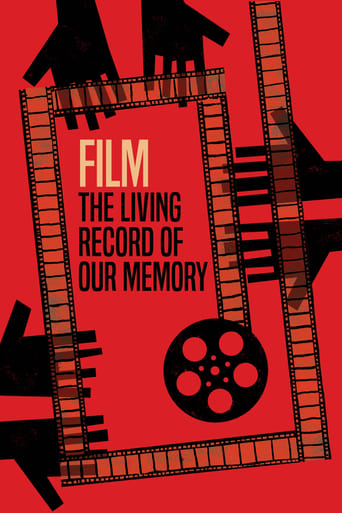
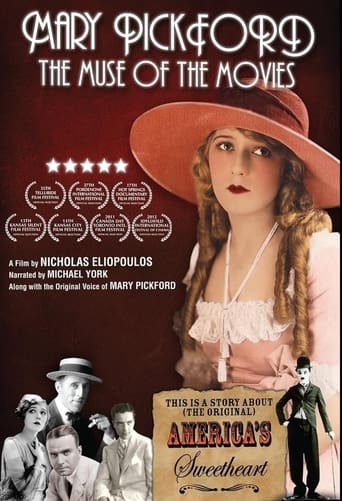

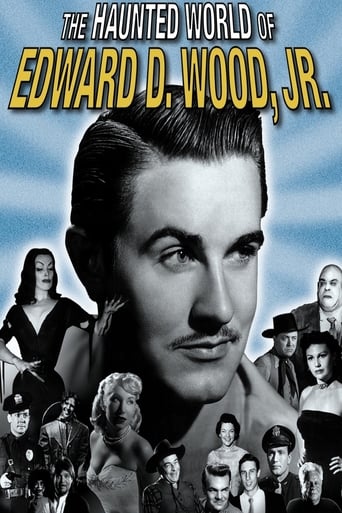
Barren Lives
In vivid images, the documentary-like story of a drover and his family in the northern badlands of Brazil during the drought. A family in the search of new hope and destiny.